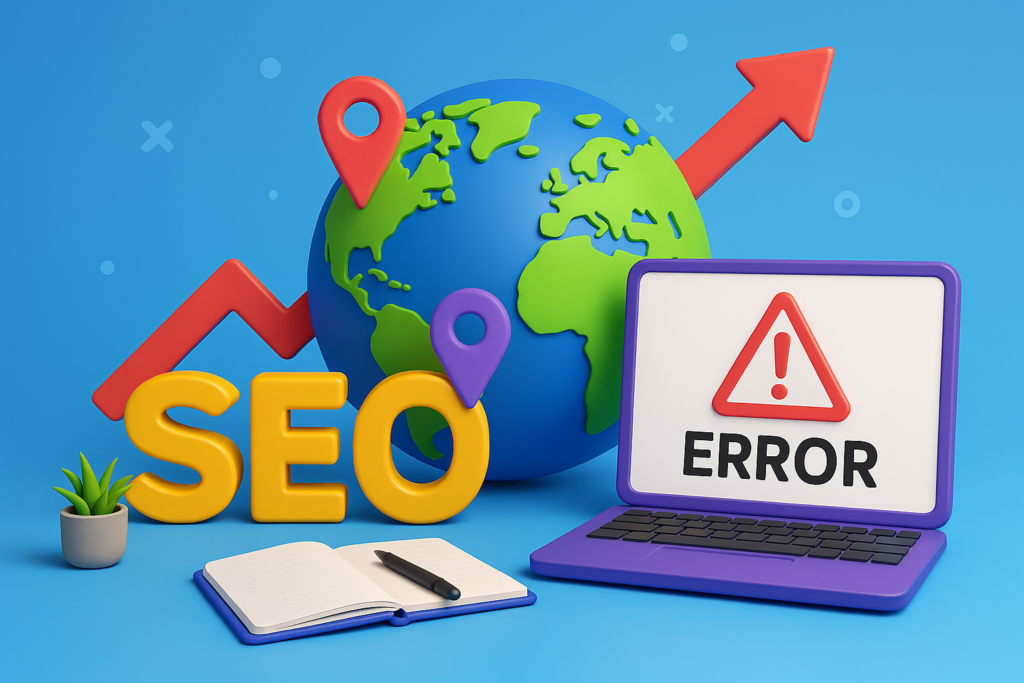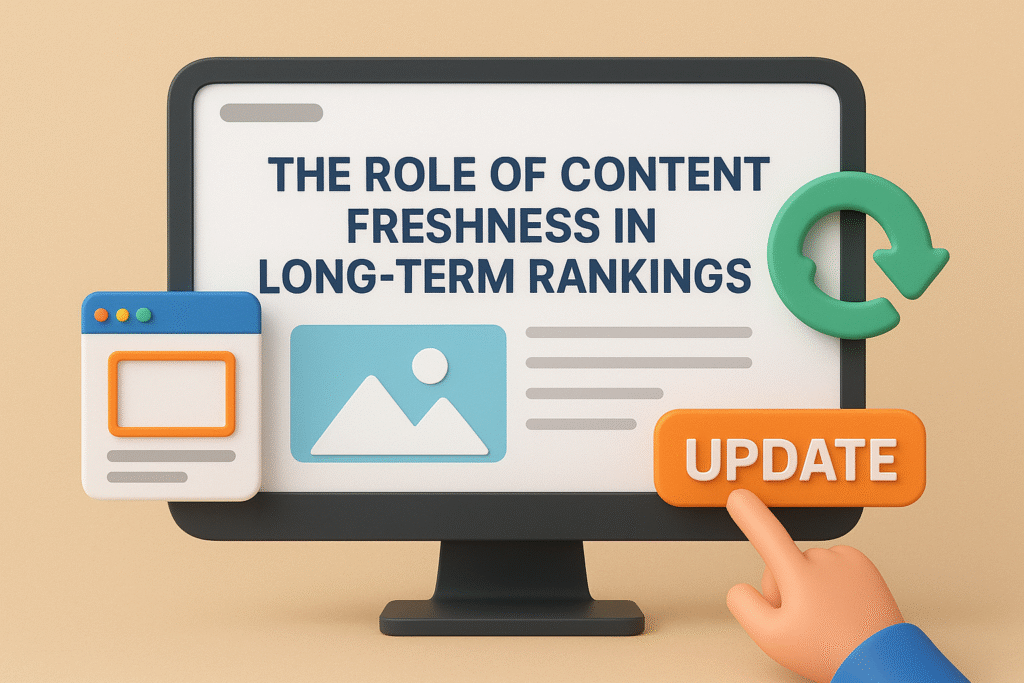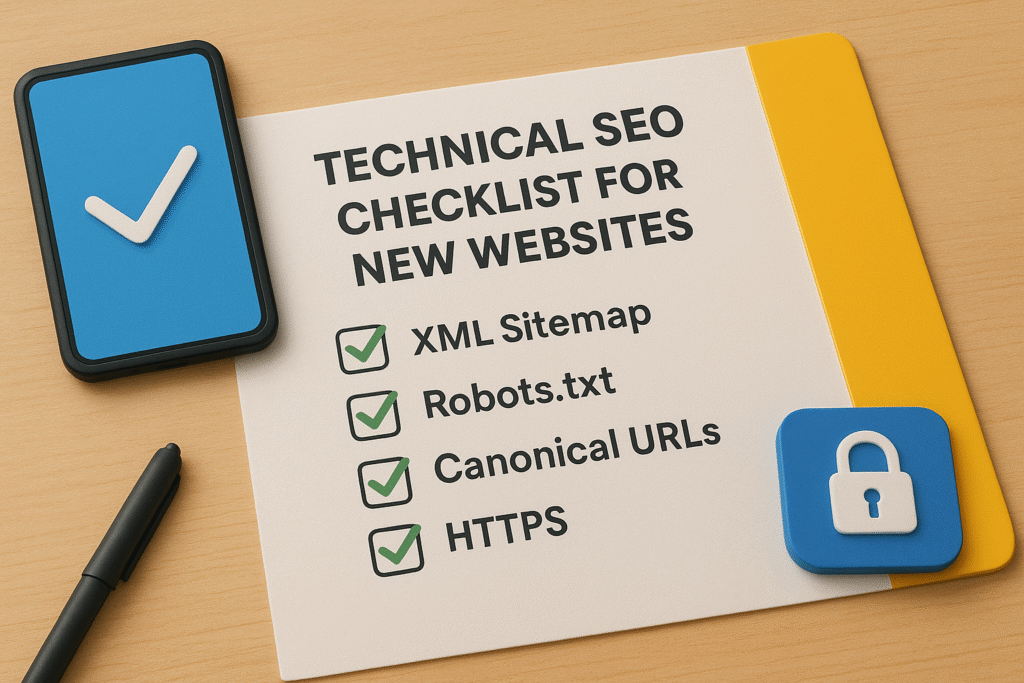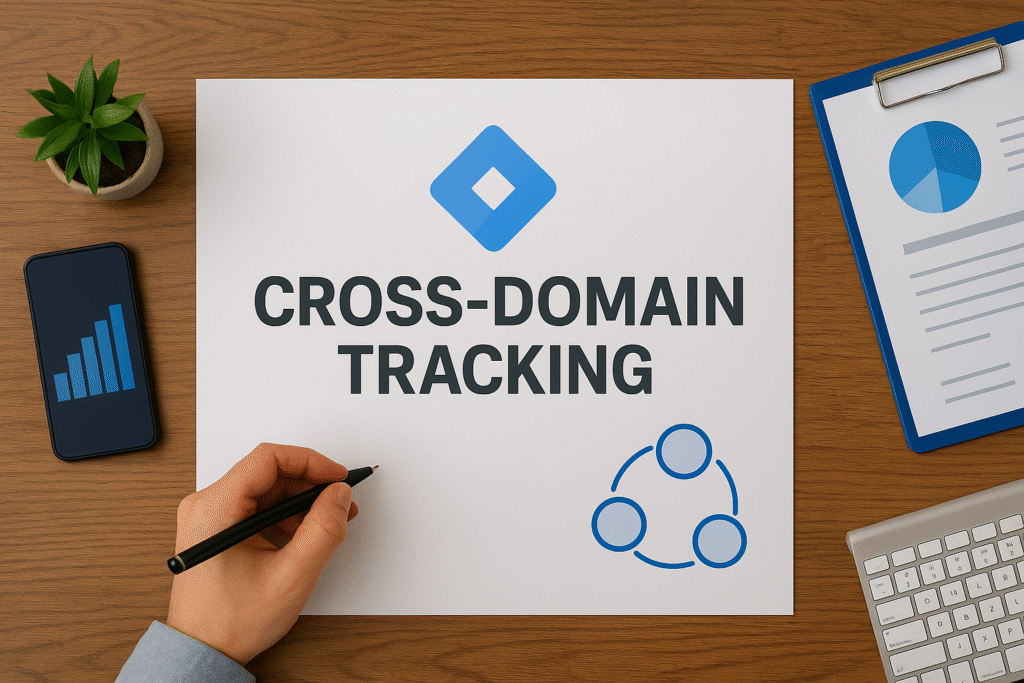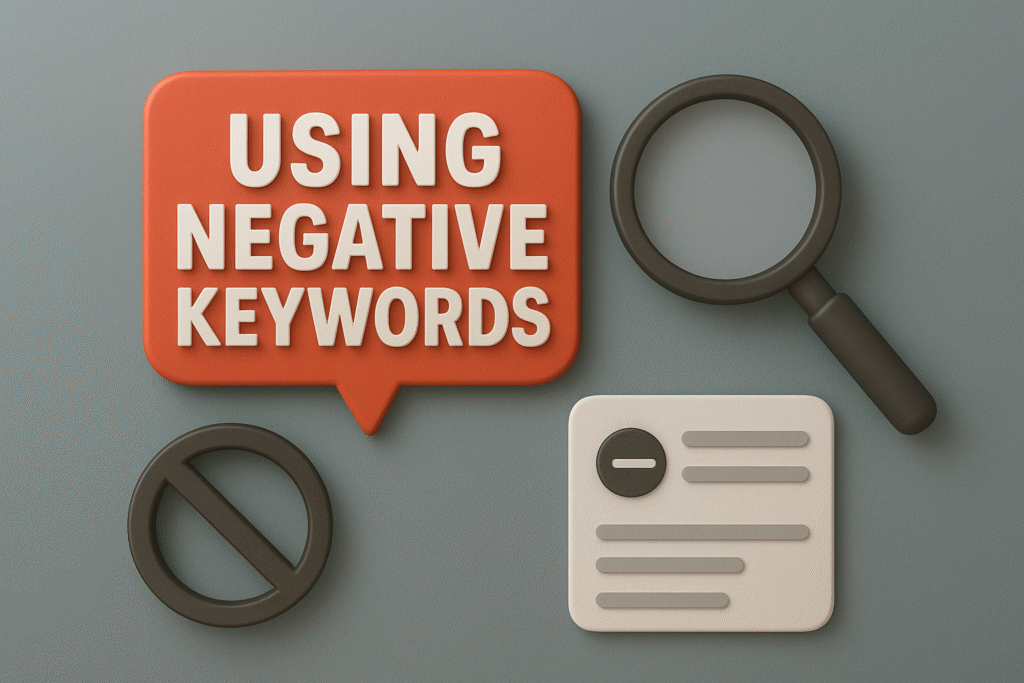Quick Summary: What This Blog Covers
This blog explains what topical authority is and why it’s a crucial ranking factor in 2025. It covers how Google now rewards deep, interconnected content instead of isolated keywords. You’ll learn the step-by-step framework for building authority through topical maps, pillar clusters, internal linking, expert signals, and content freshness. The guide shows how mastering topical authority leads to long-term rankings and higher organic visibility.
Introduction
If you want to dominate search rankings in 2025, understanding what is topical authority and how to achieve it is the single most important SEO skill you can build. Google has shifted from keyword-based ranking to meaning-based ranking. Today, it’s not enough to write a few isolated blog posts — you must prove to Google that you are the most trustworthy, knowledgeable, and consistent source on a specific subject. That is exactly what topical authority is, and it’s become one of the strongest long-term ranking signals in modern SEO.
“Stat: Websites with established topical authority are 67% more likely to rank on page one for competitive keywords.”
Source: Search Engine Journal
Topical authority is not built with hacks, shortcuts, or AI-generated fluff. It’s earned through strategic content depth, internal linking, expert-level coverage, and semantic relevance. In this guide, I’ll break down what is topical authority and how to achieve it with a step-by-step framework any business can implement.
What Is Topical Authority?
Topical authority refers to Google’s assessment of how deeply and consistently your website covers a specific topic. Instead of relying purely on backlinks, Google now evaluates whether your site demonstrates:
- Expertise
- Comprehensiveness
- Semantic depth
- Content accuracy
- Topical coverage
- Interconnected subtopics
- Contextual relevance
This is backed by Google’s shift toward E-E-A-T and deep contextual understanding, supported by technologies like the Knowledge Graph and AI systems such as RankBrain.
“Stat: Google’s systems now evaluate topic clusters and internal structure as part of its quality algorithms.”
Source: Google Search Central
When Google sees that you cover a topic from every angle — definitions, how-tos, case studies, problems, solutions, comparisons, tools — it concludes that your website is the authority. Once that happens, ranking becomes significantly easier.
Why Topical Authority Matters in 2025
SEO is no longer about individual keywords. It’s about owning an entire subject area.
Here’s why topical authority is now essential:
1. Google Prioritizes Topic Depth Over Keyword Matching
Search engines use semantic search, meaning they understand themes and concepts — not just words.
2. Helpful Content Update Rewards Experts
Sites that demonstrate depth and expertise outperform generalist sites with shallow content.
3. AI-Generated Content Increased Competition
Since many sites publish generic AI-written blogs, topical authority is now a major differentiator.
4. Authority Leads to High Rankings Across Clusters
Once you build authority in one area, Google starts ranking you for hundreds of related long-tail queries.
“Pro Tip: Topical authority can reduce dependency on backlinks by up to 40%.”
Source: Authority Hacker
This makes it one of the most cost-effective SEO strategies.
How Topical Authority Works
Google evaluates topical authority using three signals:
1. Content Coverage (Breadth)
Have you covered every important subtopic and supportive topic?
2. Content Depth
Do your pages thoroughly answer user questions?
3. Semantic Connectivity
Do your articles interlink in a structured, thematic way?
Tools like Surfer SEO, Ahrefs, and Semrush can help analyze semantic networks and missing subtopics.
How to Achieve Topical Authority: Step-by-Step Framework
Step 1: Build a Topical Map
A topical map is a blueprint of every subject, subtopic, and keyword that matters within your niche. This becomes the foundation of your authority-building strategy.
How to create one:
- Identify your core topic
- List all subtopics
- Map supporting articles
- Identify internal linking paths
- Group everything into pillars and clusters
Use tools like:
“Stat: Sites that use topical maps see a 28% faster increase in organic visibility.”
Source: Backlinko
Step 2: Build Topic Clusters and Pillar Pages
This is the core of topical authority. Instead of individual posts, you create interconnected families of content.
Structure:
- One pillar page (broad, comprehensive guide)
- Multiple cluster pages (deep-dive subtopics)
- Internal linking connecting everything
For example, if the topic is “Local SEO”:
- Pillar: The Ultimate Guide to Local SEO
- Cluster articles:
- How to optimize Google Business Profile
- Local link building methods
- Local citations and NAP consistency
- Reputation management strategies
- Local keyword research
Google sees this structure and rewards it with authority.
Step 3: Publish Content That Actually Deserves to Rank
Your content must go beyond basic explanations. To build authority, your articles should include:
- Data-backed insights
- Case studies
- Industry examples
- Expert quotes
- Step-by-step breakdowns
- Definitions plus practical application
- Comparisons and alternatives
- Original analysis
“Pro Tip: Content that solves real user intent generates 2.1x more organic visibility.”
Source: Content Marketing Institute
Depth > Volume.
Step 4: Improve Content Freshness
Google rewards sites that maintain topical accuracy.
Update frequency guidelines:
- High-change topics: every 30–60 days
- Moderate-change industries: every 90 days
- Evergreen topics: annually
Refreshing ensures accuracy and maintains authority.
Step 5: Strengthen Internal Linking
Internal links connect your topical clusters. This tells Google which pages are related and which ones should be prioritized.
Best practices:
- Link from cluster pages → pillar page
- Link between related cluster articles
- Use descriptive, semantic anchor text
- Avoid overstuffed anchors
“Stat: Strategic internal linking can increase organic traffic by 40% within 60 days.”
Source: Databox
Internal linking is one of the most underused authority triggers.
Step 6: Earn High-Quality Backlinks Naturally
While topical authority doesn’t require massive backlinking, high-authority mentions strengthen your expertise.
Leverage:
- Digital PR
- Guest posting
- Original research
- Infographics
- Thought leadership articles
Tools like HARO or Qwoted help you acquire expert citations.
Step 7: Maintain Topic Consistency
Avoid writing about random topics outside your niche. It dilutes your authority.
Example:
A site about skincare shouldn’t publish articles about cryptocurrencies.
Stay tightly aligned with your topic cluster map.
Step 8: Optimize for Semantic Search
Use LSI keywords, questions, and semantic phrases. Tools like Semrush Topic Research help reveal semantic opportunities.
Search engines now focus on:
- Entities
- Relationships
- Context
- Search intent
- Organizing topics meaningfully
This is essential for authority.
Step 9: Use Expert Signals (E-E-A-T)
To achieve true authority, your site should demonstrate:
- Real experience
- Expertise
- Author credentials
- Citations
- Transparent sources
- Professional branding
Add:
- Author bios
- LinkedIn profiles
- Cited studies
- External expert mentions
Google rewards real expertise.
Step 10: Track and Measure Topical Authority Growth
Use tools like:
Indicators you’re gaining authority:
- More keywords indexed
- Higher average ranking positions
- Faster content ranking
- Better impressions on your clusters
- Increasing featured snippets
“Pro Tip: Topical authority is built over months, but once established, rankings stabilize and grow long-term.”
Source: Search Engine Land
Common Mistakes That Prevent Topical Authority
Avoid these pitfalls at all costs:
- Publishing random topics unrelated to your niche
- Writing thin content without depth
- Lack of internal linking
- No pillar/cluster structure
- Repeating the same keywords instead of building breadth
- Relying solely on AI content
These errors slow down ranking velocity significantly.
Final Thoughts
Understanding what is topical authority and how to achieve it is the foundation of modern SEO success. If you want your website to rank consistently, generate organic traffic, and outrank competitors with bigger budgets, you must build structured, interconnected, expert-driven content around specific topics.
Topical authority compounds over time — and once you build it, your website becomes almost unstoppable in search rankings.
If you’re ready to build a powerful topical authority framework, explore our SEO Content Strategy Services and take your visibility to the next level.
FAQs
1. What is topical authority in SEO?
It’s Google’s measure of how deeply, consistently, and accurately you cover a specific topic across your website.
2. How long does it take to build topical authority?
Typically 3–6 months depending on industry competition and content volume.
3. Does topical authority replace backlinks?
No, but it reduces dependency on them by improving semantic relevance and trust.
4. Do I need a pillar–cluster system for topical authority?
Yes. It is the clearest way to organize your topical structure.
5. Is AI content helpful for topical authority?
It can support drafting, but human expertise and depth are mandatory.
6. Does updating content improve topical authority?
Yes. Freshness signals help maintain trust and accuracy.











